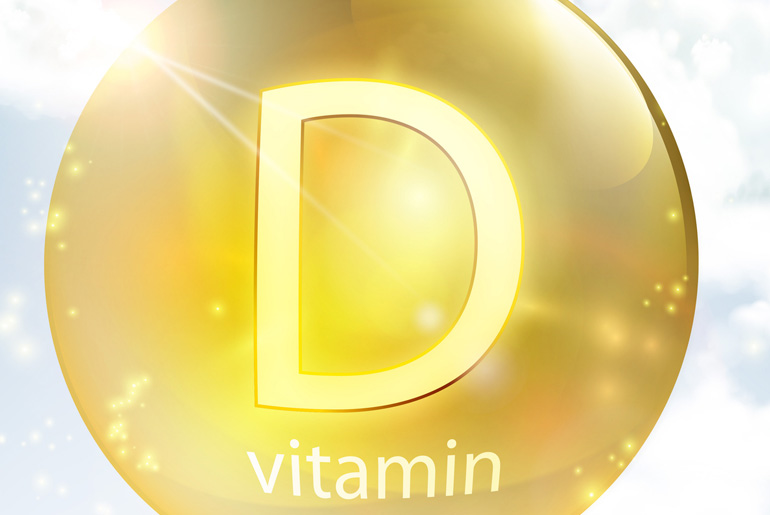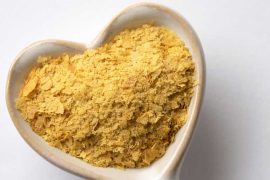Vegetarians can get vitamin D through a few key plant-based sources and strategies. Since vitamin D is mainly found in animal products, vegetarians can rely on fortified foods such as plant milks (soy, almond, oat), cereals, and orange juice. Certain mushrooms, like shiitake and maitake, contain vitamin D, especially when exposed to sunlight or UV light. Additionally, regular sun exposure allows the body to produce vitamin D naturally. For those with limited sun exposure or dietary intake, vitamin D supplements, particularly D2 or vegan D3, can help ensure sufficient levels.
Vitamin D is a vital nutrient that plays a crucial role in bone health, immune function, and overall well-being. It helps the body absorb calcium, promoting strong bones and teeth. Vitamin D also supports the immune system, reduces inflammation, and is linked to improved mood and mental health. While the body can produce vitamin D through sunlight exposure, it can also be obtained from certain foods like fortified dairy products, plant milks, mushrooms, and fatty fish. For those with limited sun exposure or dietary restrictions, supplements can help maintain adequate levels. Deficiency in vitamin D can lead to bone weakness, increased risk of fractures, and a weakened immune system.
1. Fortified Plant-Based Milks
- How to do it: Many plant-based milks like almond, soy, and oat milk are fortified with Vitamin D. Check the label to ensure it’s fortified.
- Why it works: Fortified plant milks can provide a good source of Vitamin D without the need for animal products.
2. Mushrooms
- How to do it: Some mushrooms, particularly those exposed to UV light (like shiitake or maitake), can provide a natural source of Vitamin D. Simply add them to soups, salads, or stir-fries.
- Why it works: Certain mushrooms are one of the few plant-based sources of Vitamin D2, the form of Vitamin D found in sunlight.
3. Fortified Cereals
- How to do it: Look for breakfast cereals that are fortified with Vitamin D. Pair them with fortified plant-based milk to get an added dose.
- Why it works: Many cereals are fortified with both Vitamin D and other nutrients like calcium, making them an easy and nutritious option.
4. Tofu and Tempeh
- How to do it: Tofu and tempeh are sometimes fortified with Vitamin D. Check the label for Vitamin D fortification, or consider using them in a variety of dishes like stir-fries, curries, or sandwiches.
- Why it works: These protein-packed plant foods can be a valuable addition to your diet and a great source of Vitamin D when fortified.
5. Vitamin D Supplements
- How to do it: If getting enough Vitamin D from food sources is challenging, consider taking a Vitamin D supplement. Opt for Vitamin D2 (suitable for vegetarians) or Vitamin D3 derived from lichen (plant-based).
- Why it works: Supplements are a convenient way to ensure you’re meeting your daily Vitamin D needs, especially during months with limited sunlight.
By incorporating these foods and options into your diet, vegetarians can effectively boost their Vitamin D intake for optimal bone and immune health.
Disclaimer:
The information contained in this article is for educational and informational purposes only and is not intended as a health advice. We would ask you to consult a qualified professional or medical expert to gain additional knowledge before you choose to consume any product or perform any exercise.







